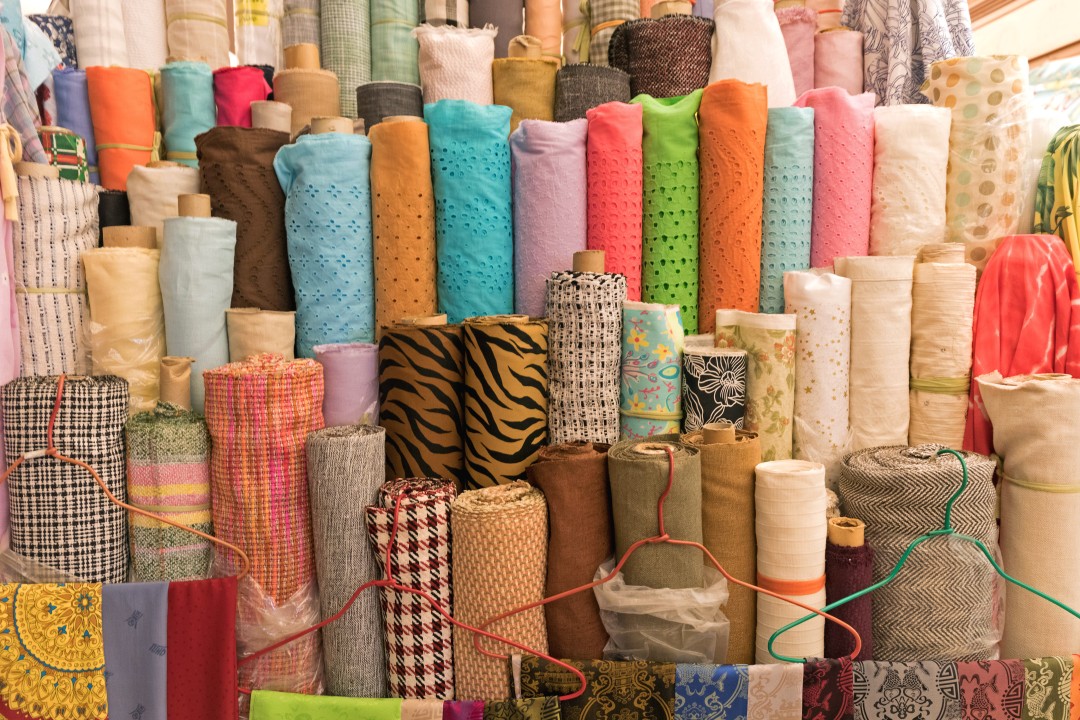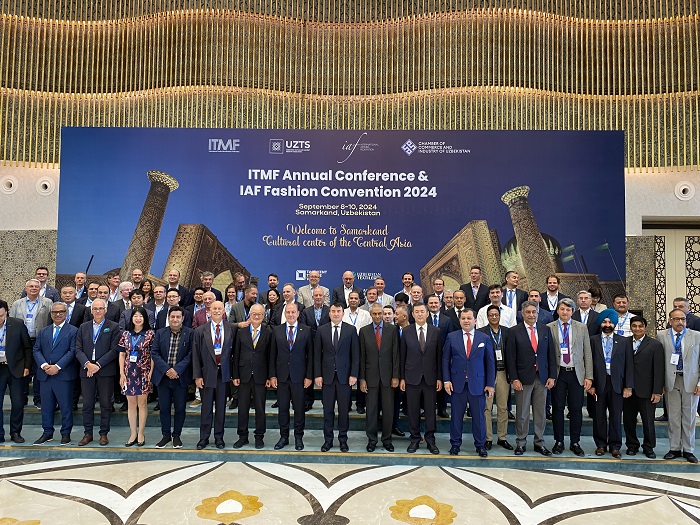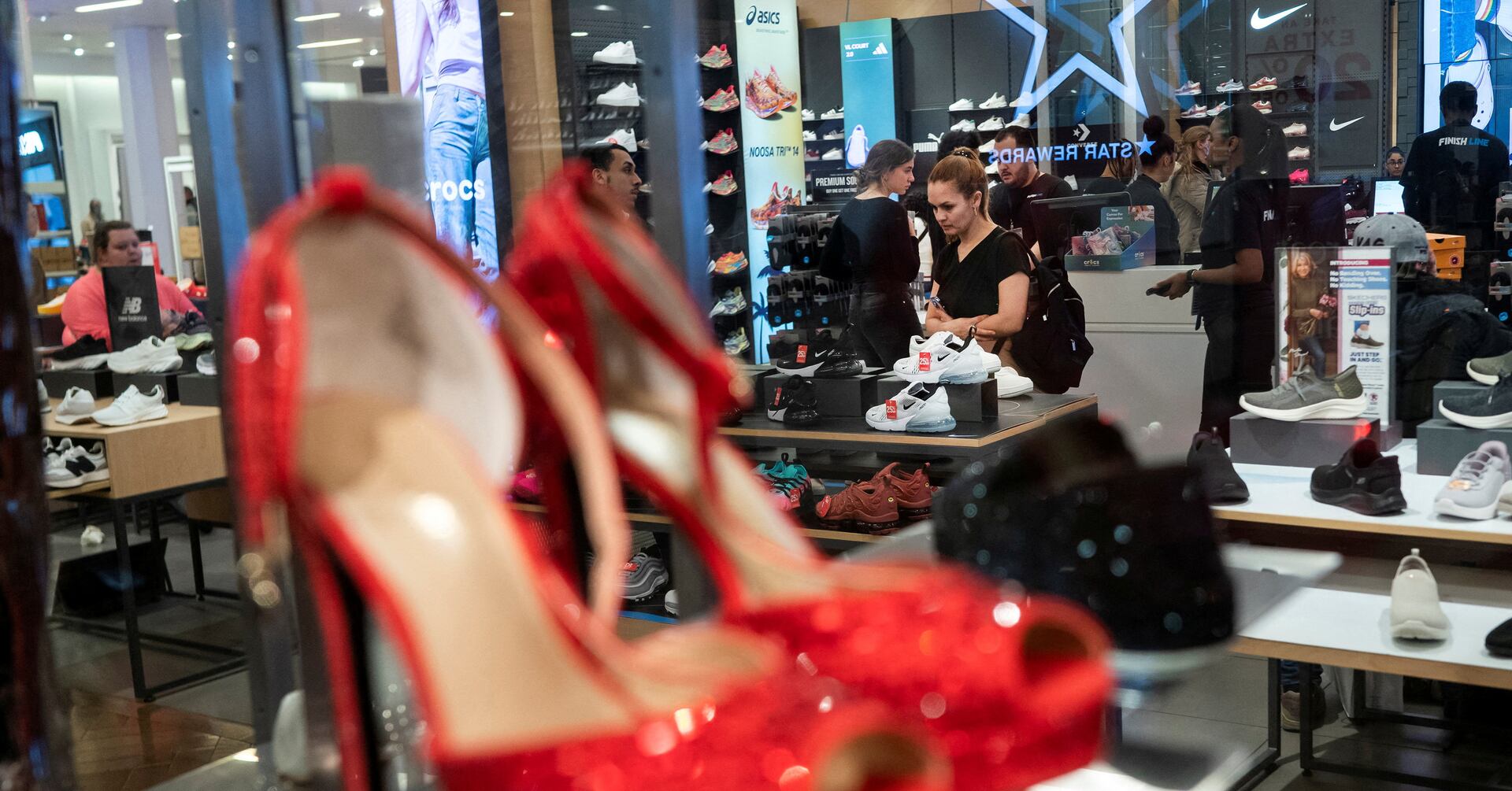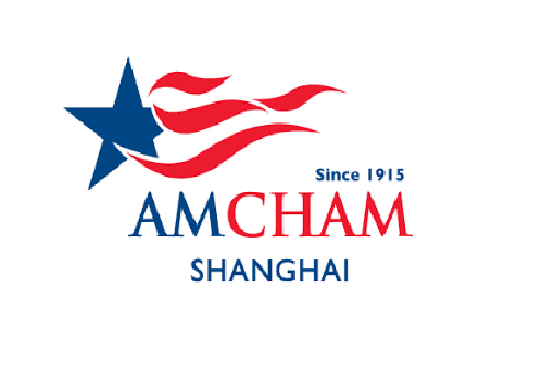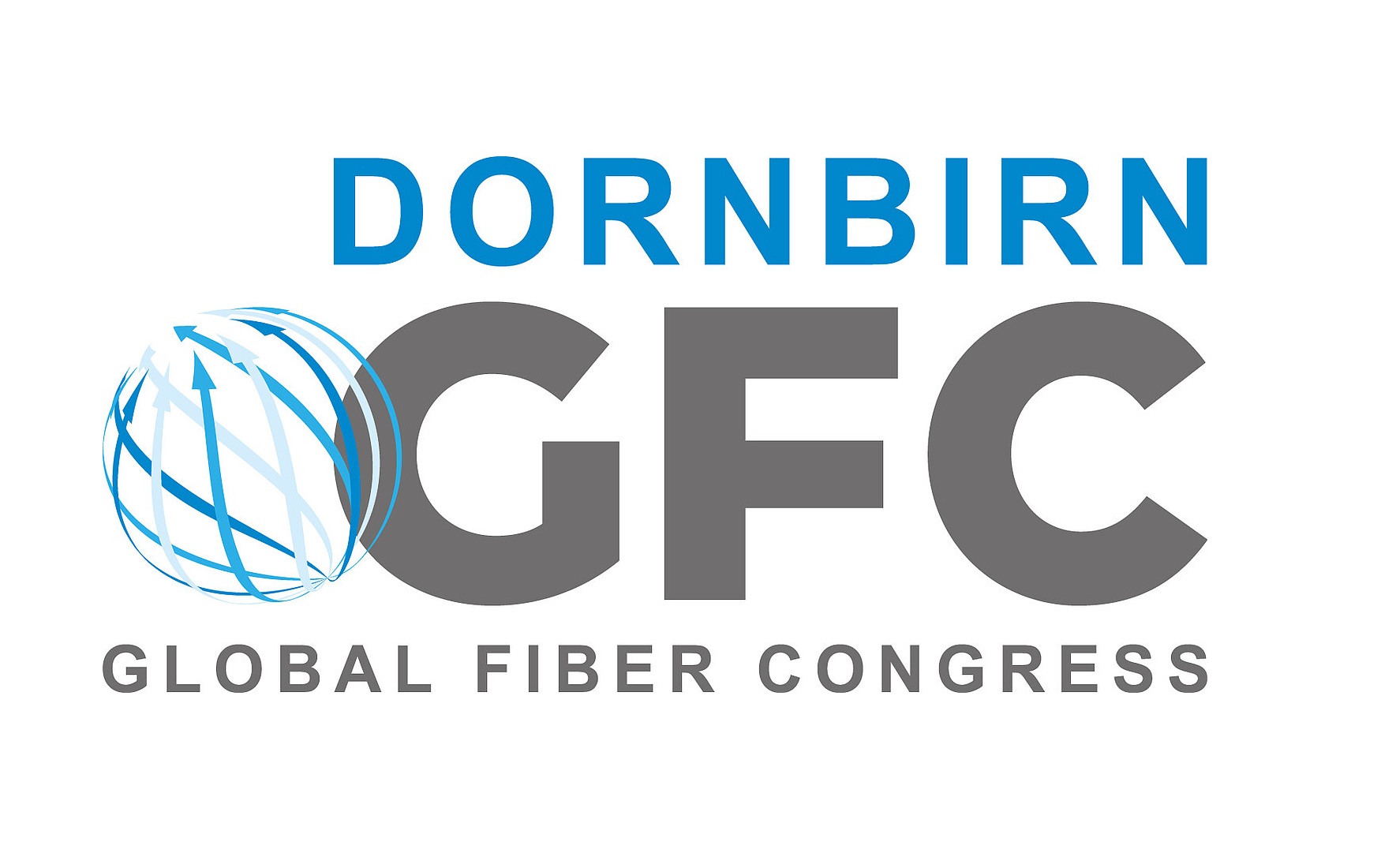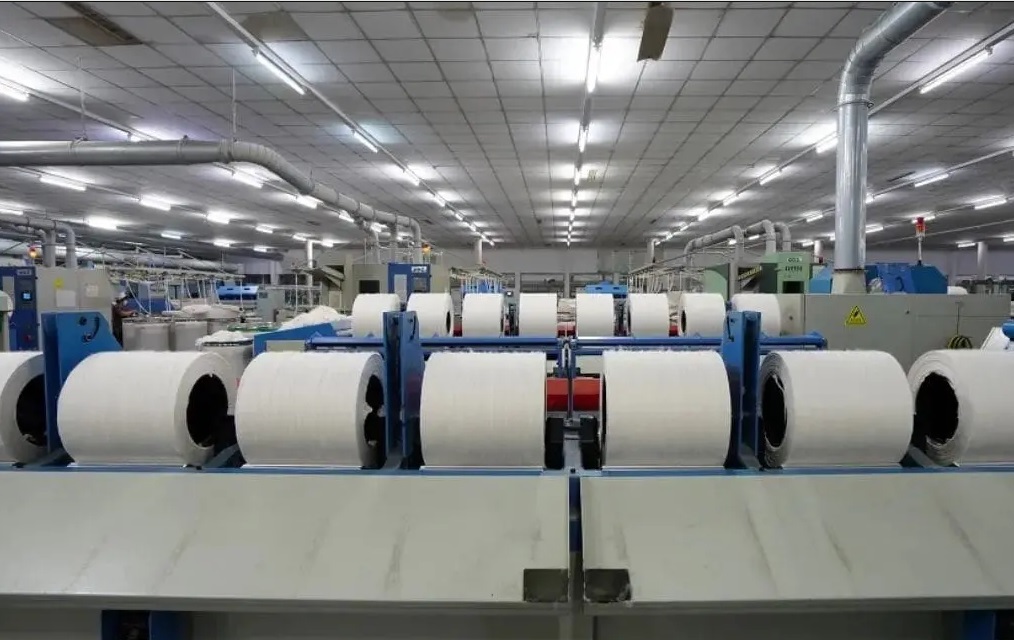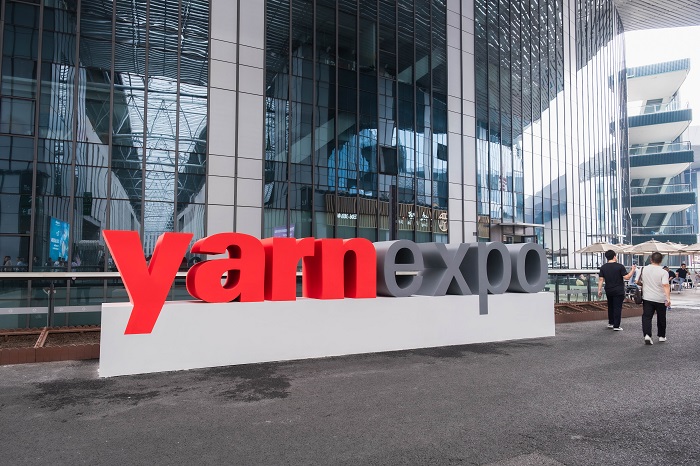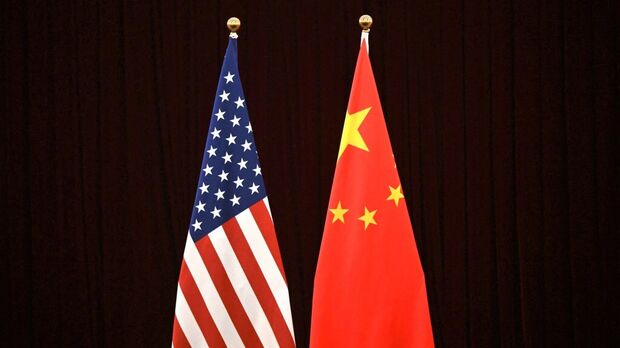In a memorandum addressed to Nirmala Sitharaman, Union Finance Minister, the Tiruppur Exporters' Association (TEA) urged for an introduction of a new version of the production-linked incentive (PLI) scheme, referred to as PLI 2.0, for the textile industry. The association also put forth several other proposals to strengthen the sector.
The current PLI scheme largely favors large textile units, particularly those in the manmade fibre segment, TEA pointed out. To address this, the requirement for minimum capital investment t needs to be lowered and the scheme to include cotton-based industries broadened to offer significant support to small and medium-sized enterprises (SMEs), it added.
Additionally, TEA called for a one-year extension of the Interest Equalisation Scheme (IES) to all units in the sector. The IES, which was recently extended by two months from its original expiration on June 30, 2024, currently applies to rupee credit for pre- and post-shipment for micro, small, and medium enterprises (MSMEs). TEA believes, extending this scheme for a full year would provide much-needed financial relief to the industry.
Another pressing issue raised by TEA is the delay in importing woven labels due to the Customs Department's Compulsory Compliance Requirements (CCRs). Importers are facing delays of five to seven days, as Customs requires group sample testing in laboratories, disregarding lab reports from shippers or external reports from the country of origin. These delaysare disrupting export schedules, the association warned.
In a related move, the South India Hosiery Manufacturers Association (SIHMA) also proposed additional recommendations to aid the textile industry. These include extending capital subsidies to units investing in new machinery and the establishment of a Knitwear Board to support garment producers in Tiruppur. SIHMA also called for measures to regulate garment imports from Bangladesh, citing the adverse impact on smaller local manufacturers

